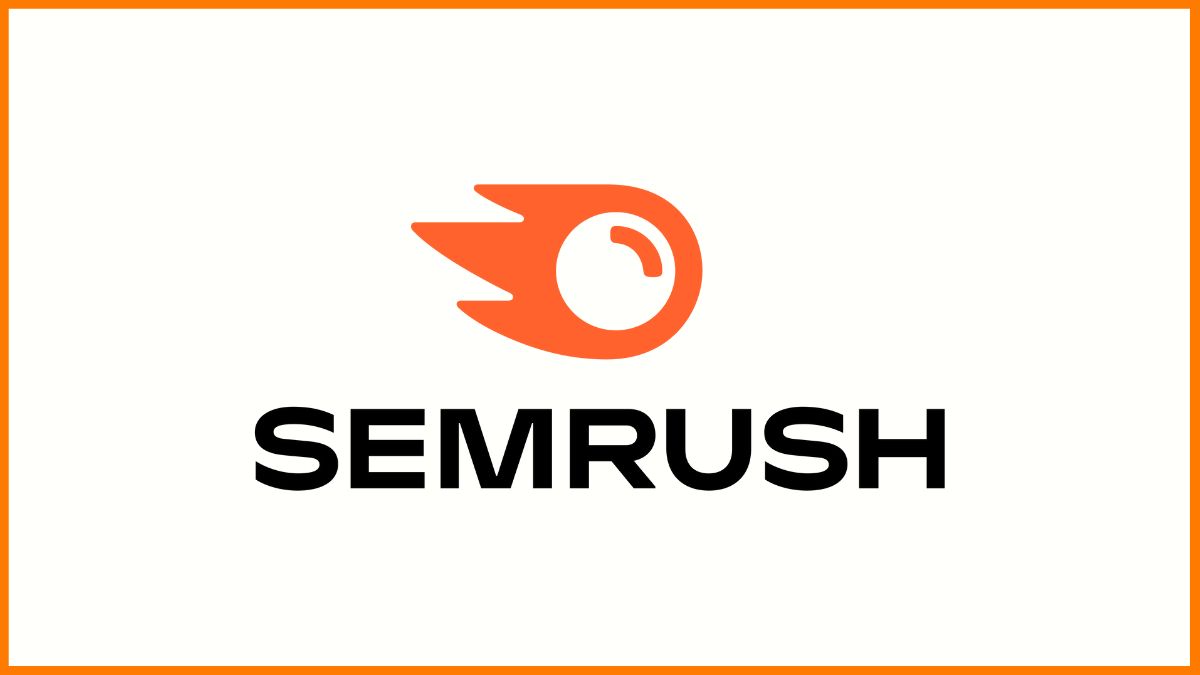If you are starting a new business, getting noticed online can be challenging. With so many competitors in your industry, you need to find the right keywords to attract potential customers. The right keywords will help your website rank higher on search engines, increase traffic, and bring in more leads and sales.
But how do you find the best keywords for your business? The answer lies in keyword research tools. These tools help identify popular search terms, analyze competition, and uncover new keyword opportunities that can help you stand out.
Here are 7 powerful keyword research tools that every new business should use to find the best keywords and grow online.
1. Google Keyword Planner – The Most Reliable Free Tool
What Is Google Keyword Planner?
Google Keyword Planner is a free keyword research tool provided by Google Ads. It helps businesses find the most relevant keywords based on search volume, competition, and cost-per-click (CPC). Since the data comes directly from Google, it is highly accurate and up to date.
Key Features:
✅ Search Volume Data: See how often a keyword is searched per month.
✅ Competition Analysis: Find out how competitive a keyword is (Low, Medium, or High).
✅ Cost-Per-Click (CPC): Get estimated costs for running Google Ads for specific keywords.
✅ Keyword Suggestions: Get hundreds of related keyword ideas to expand your strategy.
Why Should New Businesses Use Google Keyword Planner?
- It’s Free: Unlike many paid tools, Google Keyword Planner offers free access to valuable keyword data.
- Reliable Search Data: Since it comes directly from Google, the data is highly trustworthy.
- Great for Local SEO: Businesses targeting a specific city or region can filter keyword searches based on location.
How to Use Google Keyword Planner Effectively?
- Sign in to Google Ads and access Keyword Planner.
- Enter a keyword related to your business (e.g., “handmade jewelry”).
- Check the monthly search volume to see how popular the keyword is.
- Look at competition levels—Low or Medium keywords are easier to rank for.
- Use the “Keyword Ideas” section to find long-tail keywords (e.g., “best handmade jewelry for gifts”).
Pro Tip: Combine Google Keyword Planner with other tools for a more detailed keyword strategy.
2. SEMrush – The Ultimate SEO Toolkit
What Is SEMrush?
SEMrush is one of the most powerful SEO and keyword research tools. It provides deep insights into keywords, search trends, and competitor strategies.
Key Features:
✅ Keyword Magic Tool: Find millions of keyword ideas based on search volume and difficulty.
✅ Competitor Keyword Analysis: See which keywords your competitors are ranking for.
✅ SEO Difficulty Score: Know how hard it is to rank for a keyword.
✅ SERP Features Analysis: Identify keywords that trigger rich snippets (like FAQs, videos, or featured snippets).
Why Should New Businesses Use SEMrush?
- It Helps Spy on Competitors: You can see what’s working for others and use that to your advantage.
- Finds Low-Competition Keywords: SEMrush helps identify less competitive keywords that are easier to rank for.
- Provides In-Depth SEO Insights: From keyword difficulty to traffic trends, SEMrush covers everything.
How to Use SEMrush for Keyword Research?
- Enter a seed keyword (e.g., “organic skincare products”) into the Keyword Magic Tool.
- Check search volume, keyword difficulty, and competition levels.
- Go to “Organic Research” to analyze the keywords your competitors are ranking for.
- Use the Keyword Gap tool to find keywords your competitors are ranking for, but you are not.
- Export the best keywords and optimize your website content.
Pro Tip: Use SEMrush’s Position Tracking feature to track your keyword rankings over time.
3. SpyFu – The Best Tool for Competitor Research
What Is SpyFu?
SpyFu is a competitor keyword research tool that allows businesses to see which keywords their competitors are using. It provides detailed insights into organic and paid search strategies.
Key Features:
✅ Competitor Keyword Research: See the exact keywords your competitors are ranking for.
✅ PPC Analysis: Find out which keywords your competitors are bidding on for Google Ads.
✅ Backlink Data: Discover websites linking to your competitors.
✅ Historical Data: See how your competitors’ keyword rankings have changed over time.
Why Should New Businesses Use SpyFu?
- It Uncovers Hidden Keyword Opportunities: Find keywords your competitors rank for, but you don’t.
- Helps with PPC Campaigns: Get data on competitors’ Google Ads strategies.
- Tracks Ranking Changes: See how keyword performance changes over months and years.
How to Use SpyFu for Keyword Research?
- Enter your competitor’s website URL in SpyFu.
- Check their top organic and paid keywords.
- Look for keywords they rank for that you haven’t targeted yet.
- Use those keywords in your website content, blog posts, and ads.
Pro Tip: Combine SpyFu with Google Keyword Planner to validate search volumes.
4. Long Tail Pro – The Best Tool for Low-Competition Keywords
What Is Long Tail Pro?
Long Tail Pro specializes in finding low-competition, long-tail keywords that new businesses can rank for quickly.
Key Features:
✅ Long-Tail Keyword Suggestions: Find less competitive keywords that still have decent search volume.
✅ Keyword Competitiveness Score: See how easy or hard it is to rank for a keyword.
✅ Bulk Keyword Research: Analyze hundreds of keywords at once.
Why Should New Businesses Use Long Tail Pro?
- Great for SEO Beginners: Easier keywords mean faster ranking results.
- Ideal for Niche Businesses: Perfect for businesses in smaller markets with lower competition.
How to Use Long Tail Pro?
- Enter a broad keyword (e.g., “vegan protein powder”).
- Check Keyword Competitiveness (KC) scores.
- Target keywords with a KC score below 30 for easier ranking.
Pro Tip: Use Long Tail Pro for blog topic ideas based on low-competition keywords.
5. Keyword Tool – The Best for Finding Autocomplete Keywords
This tool generates thousands of keyword ideas from Google Autocomplete, YouTube, Bing, and Amazon.
Why Use It?
- Great for finding hidden keyword gems.
- Works for multiple search engines.
How to Use It?
- Enter a keyword.
- Get hundreds of autocomplete keyword ideas.
- Use them in SEO and PPC campaigns.
6. KeywordSpy
This tool helps businesses analyze competitors’ paid search strategies to find high-converting keywords.
Why Use It?
- See competitors’ Google Ads data.
- Find profitable PPC keywords.
7. Bing Webmaster Tools
If you want to rank on Bing, this tool helps find relevant keywords.
Why Use It?
- Great for Bing search traffic.
- Provides SEO insights.
FAQs
1. Which keyword tool is best for beginners?
Google Keyword Planner is the best free tool for beginners as it provides reliable search volume data and keyword suggestions.
2. Can I use multiple keyword tools together?
Yes! Using multiple tools like Google Keyword Planner, SEMrush, and SpyFu gives you a more comprehensive keyword strategy.
3. How do I find low-competition keywords?
Tools like Long Tail Pro and SEMrush help identify long-tail keywords with low competition.
4. Are paid keyword tools worth it?
Yes, if you’re serious about SEO, paid tools like SEMrush and SpyFu provide valuable insights that free tools do not.
5. How often should I update my keyword research?
You should review your keyword strategy every few months to keep up with search trends and competition.
Conclusion
Using multiple keyword tools ensures you find the best keywords to grow your business. Combine Google Keyword Planner, SEMrush, and SpyFu for a complete strategy. Stay consistent, analyze data, and keep optimizing to see long-term success.
An avid blogger, dedicated to boosting brand presence, optimizing SEO, and delivering results in digital marketing. With a keen eye for trends, he’s committed to driving engagement and ROI in the ever-evolving digital landscape. Let’s connect and explore digital possibilities together.











